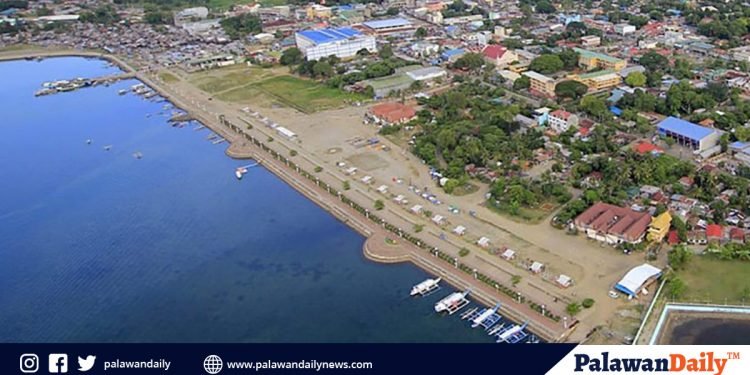The Fisheries Department of City Agriculture Office (CAO) perceives seaweed farming to be beneficial toward combatting adverse effect of water pollution.
Joven Delgado, City Aquacultural Technologist (CAT), stated they are intensifying seaweed farming in Puerto Princesa to help improve the sea water quality while at the same time providing good source of income for the city fisherfolk.
“Iyong seaweeds ay naturally fini-filter niya ‘yong tubig-dagat natin, kino-consume niya ‘yong mga excess nutrients na kung masyadong mataas ‘yong nutrients doon sa dagat natin, isa ‘yon sa nagko-cause ng occurrence ng red tide. Maliban doon siyempre kung mataba masyado ‘yong dagat natin affected din ‘yong mga korales natin,” said Delgado.
“Actually hindi lang siya [means to prevent] the occurrence of red tide, [but] in general [ay] sa water quality nakakatulong siya talaga,” Delgado added.
Delgado said it is usually during summer when the water is warmer that algal bloom occurs, blocking the sunlight needed by the corals for food production.
He said that with the presence of seaweeds, these excess nutrients will then be consumed and minimized.
Delgado said Puerto Princesa has 7,800 registered fisherfolk in the present, of which 700 are already engaged in seaweed farming.
Delgado also added that 50 out of 66 barangays in Puerto Princesa are classified as coastal villages.
He further stated that CAO, with the help of the city government, is continuously intensifying seaweed farming in Puerto Princesa.
Delgado said CAO is distributing free seaweed farming inputs to seaweed farmers as part of strengthening the activity.
Delgado said around 11 coastal barangays in Puerto Princesa are presently engaged in seaweed farming.




















Discussion about this post